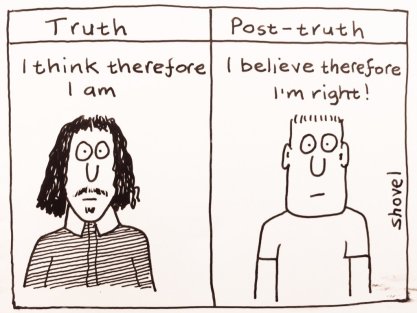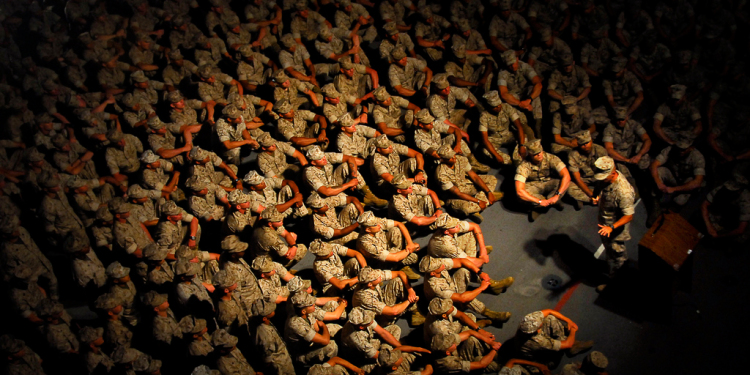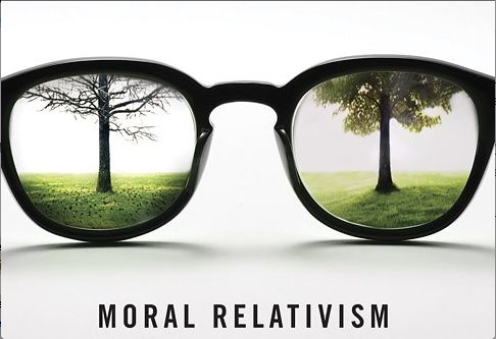Only by ignorance or impertinence would we marvel to hear the extinction of other beings
It is commonly thought that the main purpose of companies is to make profit. Companies are aware that they are not alone in the market, but are instead surrounded by other companies that, with the same objective in mind, want to survive in the war for profitability. This war unleashes a search for exemplary people and economic benefits at all costs, creating in the company what Darwin in his book «The Origin of Species» called natural selection. The employees are the giraffes, and we can differentiate between the low-neck ones (the less competitive ones), and the high-necks (the most competitive ones). Natural selection (the competition) acts on them, causing small-necked giraffes to die, while those with high-necks survive. This would seem the recipe for success: enhancing competition in the company may lead to having only the most capable exemplary people surviving. But if we look at cases from well-known companies that have done this, we see the result is completely different. A company where this happens ends up being in most cases dysfunctional, because competition occupies a prime place and becomes the central axis of the company. How should leaders manage this?
Sigue leyendo →


